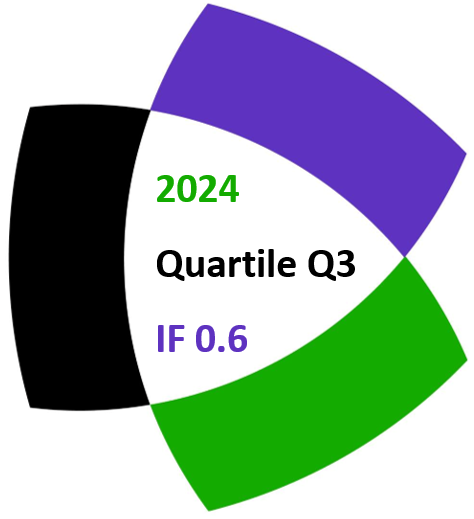Mladen Vassilev-Missana and Peter Vassilev
Notes on Number Theory and Discrete Mathematics, ISSN 1310–5132
Volume 17, 2011, Number 2, Page 31–36
Full paper (PDF, 209 Kb)
Details
Authors and affiliations
Mladen Vassilev-Missana ![]()
5 V. Hugo Str., Sofia–1124, Bulgaria
Peter Vassilev ![]()
Institute of Biophysics and Biomedical Engineering
Abstract
The paper is a continuation of [1] and [2]. The considerations are over the class of multiplicative functions with strictly positive values and more precisely, over the pairs (f, g) of such functions, which have a special property, called in the paper property S. For every two such pairs (f1, g) and (f2, g), with different f1 and f2, a sufficient condition for the coincidence of the maximum (respectively of the minimum) of the numbers f1(d)g(n/d) and f2(d)g(n/d), where d runs over all proper divisors of an arbitrary composite number n > 1, is given. Some applications of the results are made for several classical multiplicative functions like Euler’s totient function φ, Dedekind’s function ψ, the sum of all divisors of m, i.e. σ(m), the number of all divisors of m, i.e. τ(m), and 2ω(m), where ω(m) is the number of all prime divisors of m.
Keywords
- Multiplicative functions
- Divisors
- Proper divisors
- Prime numbers
- Composite number
AMS Classification
- 11A25
References
- Vassilev-Missana, V. Some Results on Multiplicative Functions. Notes on Number Theory and Discrete Mathematics, Vol. 16, 2010, No. 4, 29-40
- Vassilev-Missana, V., P. Vassilev. New Results on Some Multiplicative Functions. Notes on Number Theory and Discrete Mathematics, Vol. 17, 2011, No. 2, 18-30
- Polya, G., G. Szegő Problems and Theorems in Analysis II, Springer-Verlag, Berlin Heidelberg, 1998, 120-125
- Sándor, J., B. Crstici. Handbook of Number Theory II, Kluwer Academic Publishers, Dortrecht/Boston/London, 2004
Related papers
Cite this paper
Vassilev-Missana, M., & Vassilev, P. (2011). On multiplicative functions with strictly positive values. Notes on Number Theory and Discrete Mathematics, 17(2), 31-36.


